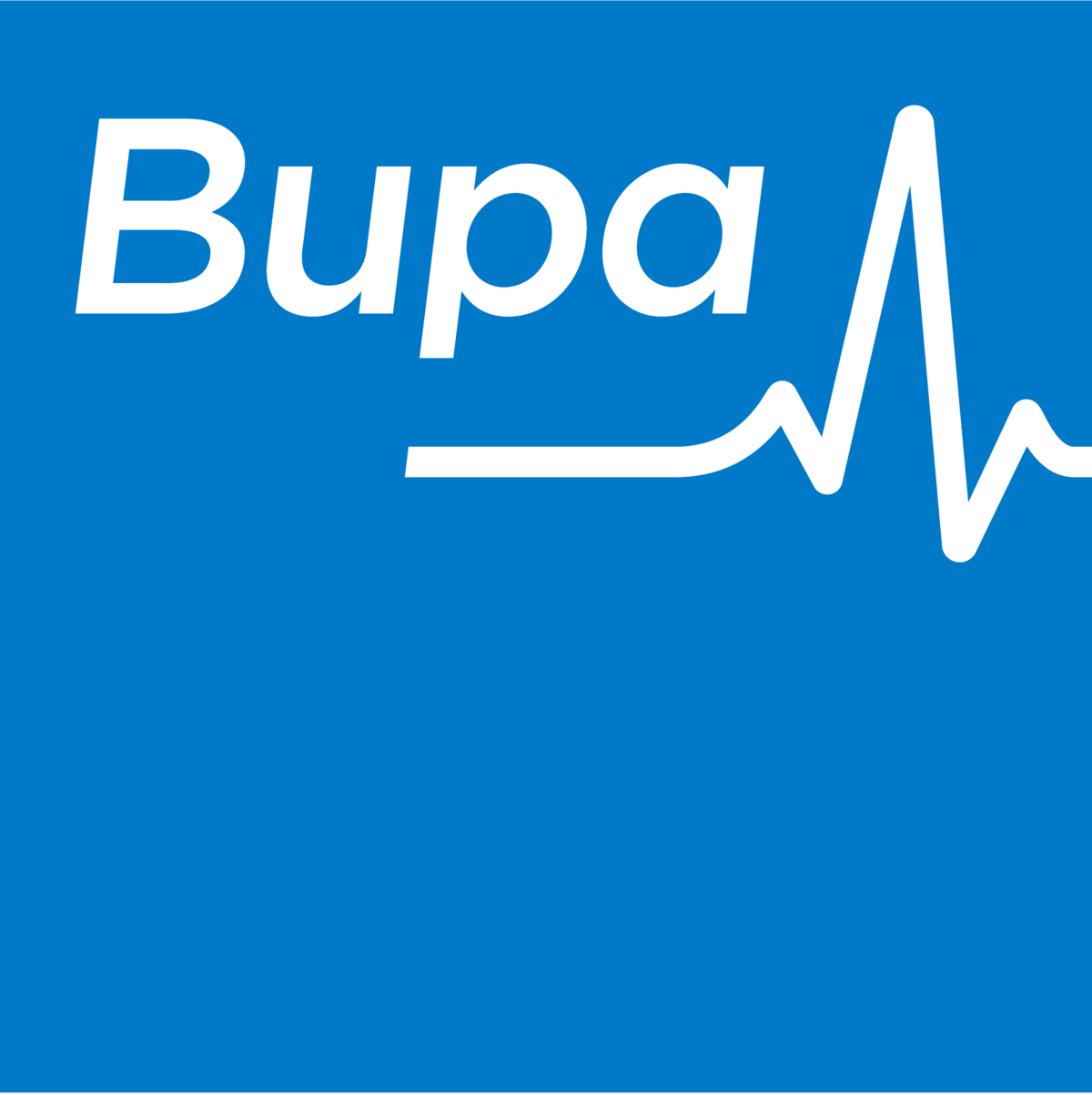If you’re studying in Australia and have family planning to visit, you’ve probably got a list as long as your arm of places to show them and experiences to share. But there’s something super important that might not be at the top of that list yet: making sure their health is covered while they’re here – it’s about peace of mind for you and them.
So, let’s break down Overseas Visitors Health Cover (OVHC) and help you choose the right health cover for your visiting family.
The importance of health insurance
Though your family’s Visitor visa might not require it, getting health and medical cover is a smart move and strongly recommended by the Australian Government. Medical expenses in Australia can add up quite rapidly, and without health insurance, you and your visiting loved ones could be left to cover an expensive bill.
OVHC helps provide protection during your adventures, ensuring you can enjoy activities like snorkelling in the Great Barrier Reef or hiking in the Blue Mountains with added peace of mind.
What is OVHC?
Tailored for those on Working, Working holiday and Visitor visas, including subclass 485, 482, 417, 462 and 600, OVHC helps to give greater peace of mind.
While not all Visitor visas require health cover, having OVHC can help make sure you can get the treatment you need if you get sick or have an accident.
OVHC helps cover things like hospital stays, visiting a doctor (also known as a GP) or specialist, and unlimited cover for emergency ambulance transport as well as on-the-spot treatments from Bupa-recognised providers.#
For example…
If, while travelling in Australia, your family member catches a nasty cold, having OVHC will cover all or part of their visit to speak to a doctor (don’t forget, these are also called a GP in Australia), and may cover their prescription medication** following that consultation, or, if they happen to have an accident, they may be able to call an ambulance to transport them to hospital#, without worrying about the cost – keep in mind, without health insurance this can be quite expensive in Australia.
What is Extras cover?
Extras cover is an additional cover that contributes towards the costs of services provided by health practitioners in private practice, such as dentists, optometrists, and physiotherapists.
While this cover helps reduce the amount you will pay upfront, it’s important to note that it typically does not cover the full cost, meaning you’ll still be responsible for a portion of the fees.
For example…
You may be on your feet a lot as you explore Australia – if this ends up taking a strain on your family member, having Extras cover with physiotherapy included will ensure they enjoy their stay by helping to treat any muscle pain and other injuries during their time here. Plus, Extras cover may help with costs for services like fillings for your teeth or prescription glasses.>>
Each OVHC product is different, so pick one that matches your family’s needs, helping ensure they have coverage for services related to the activities you’ve planned and any pre-existing conditions (keep in mind that standard waiting periods will apply) they might have.
Picking the right health cover
Choosing the right cover comes down to understanding your family’s specific needs. Are they here for a short visit, or staying longer? What kind of activities have you planned?
Health insurers in Australia offer a range of products, from basic to comprehensive, so you can find the perfect fit.
For example, Bupa’s Explorer Visitors Cover is suitable for non-working visa types e.g.: subclass 600 and 601) and provides health insurance for all ages, with options for Hospital and Packaged coverages. It includes ambulance services#, outpatient medical care (e.g.: visits to the doctor, blood tests and x-rays.), and pharmacy benefits**. You can choose between hospital and medical cover or the Explorer 50 Visitors Cover for additional Extras benefits like dental and optical.
So, take some time to research your options and to help ensure your loved ones are safe and sound with OVHC during their time in Australia with you.
When it comes to picking a health insurance provider, Bupa is Australia’s #1 health insurer for overseas visitors and students combined.+ They’re known for their comprehensive cover options, tailored specifically for international students’ families. Plus, they offer access to digital health services like Blua^, making it easy to see a doctor without having to navigate the healthcare system on your own.
Disclaimers:
# Bupa will cover the cost of all emergency transport and on-the-spot treatment by our recognised providers. If claimable from another source, a benefit won’t be paid by Bupa. Fund and policy rules apply. 1 day waiting period applies for unlimited cover for emergency ambulance services for Explorer and Explorer 50 Visitors Cover.
** Benefit available after the co-payment has been made. Benefits for prescription items that are TGA approved and not appearing on our exclusions list. Please check our brochure for limits and exclusions that apply. Yearly limits, waiting periods, fund and policy rules apply.
+ Based on total revenue for combined Overseas Visitors and Overseas Student Health Cover, APRA Operations of Private Health Insurers Annual Report 2022-23
>> Yearly limits, waiting periods, benefit claiming restrictions, fund and policy rules apply.
^ Fund and policy rules apply. Yearly limits apply to Essential Lite Visitors cover, but these limits will be waived (only in relation to Blua consultations) until further notice. 100% of the cost will only be covered for Blua consults. Members will only be able to book general consultations via Blua. Consultations with specialists cannot be booked via Blua. Members who are under 18 years old may need to attend the consultation with a parent or guardian. Members’ preferred language may not be available 24/7.






